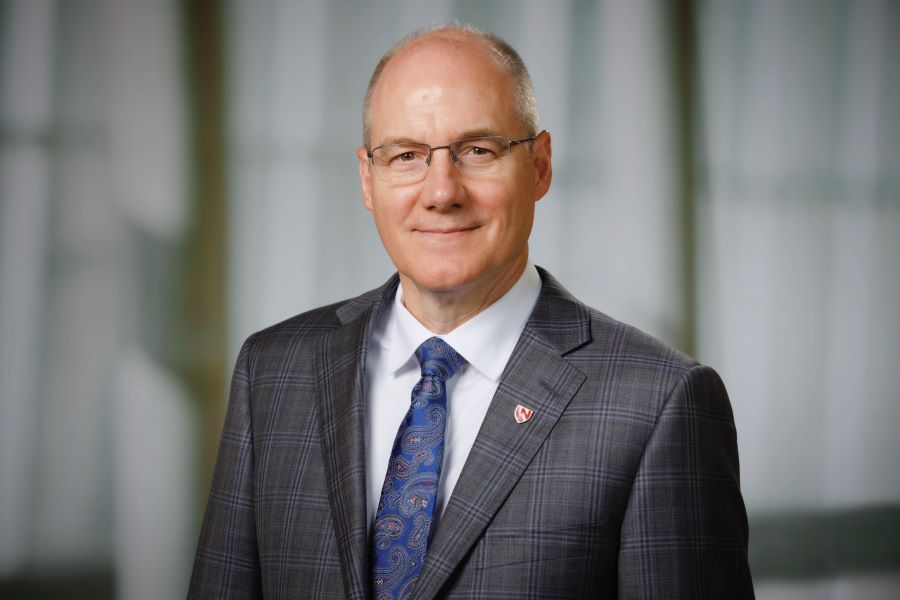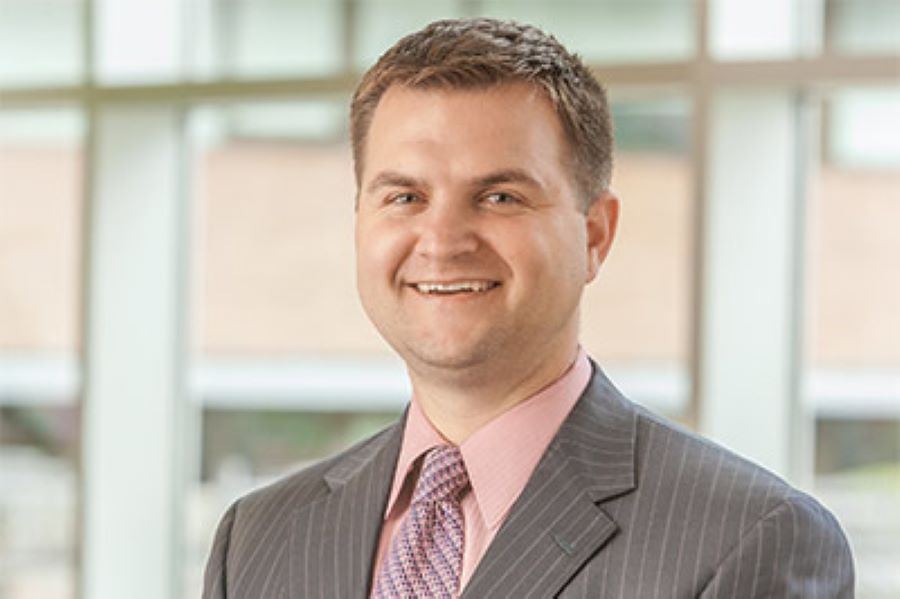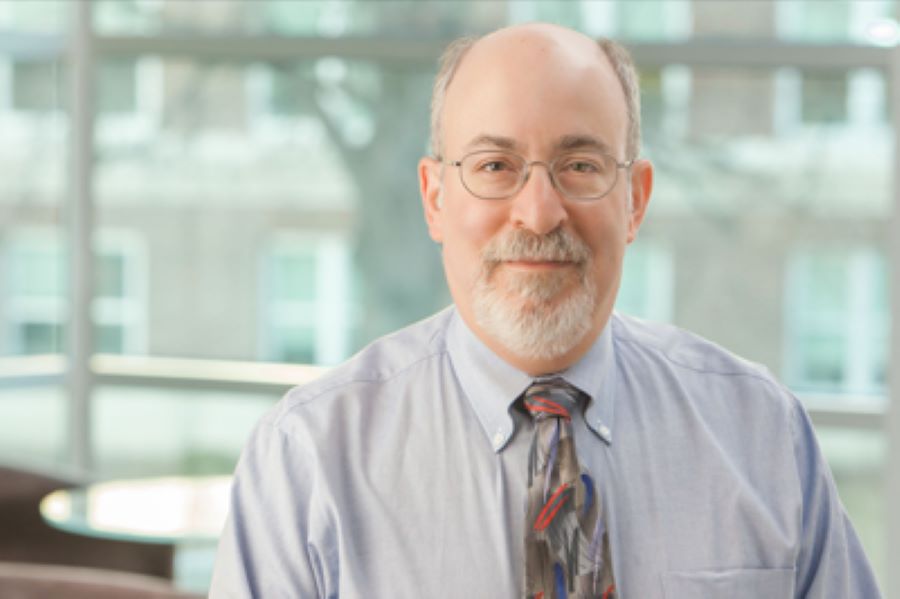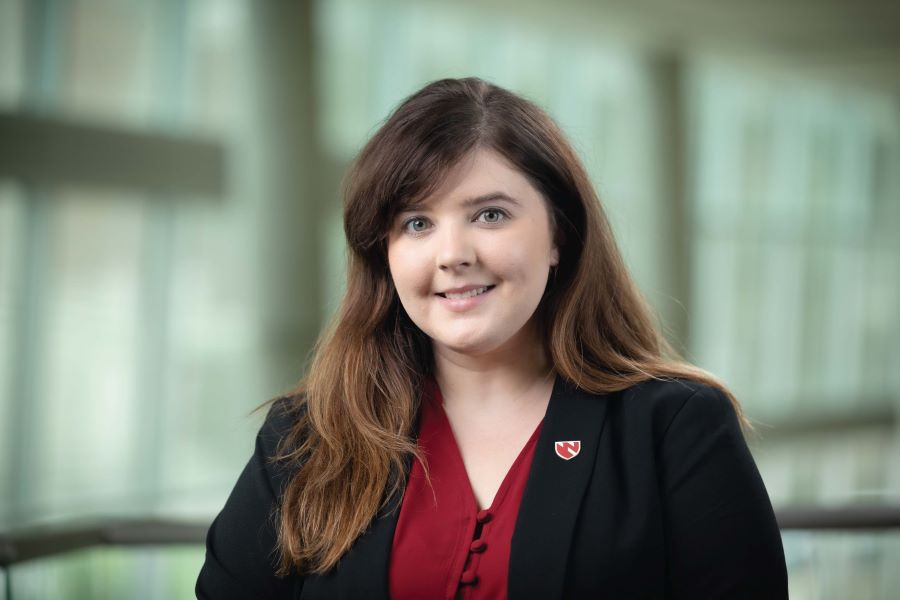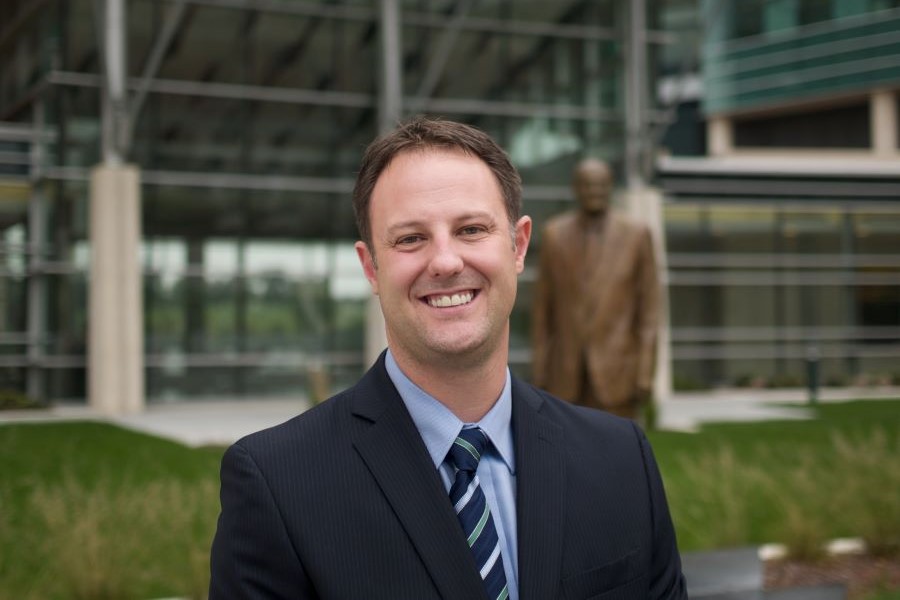Research Leadership
Welcome to the leadership team at UNMC's Vice Chancellor for Research Office. We are dedicated to advancing the frontiers of medical science and health care through innovative research. Our leadership team is at the heart of this mission, guiding and supporting a vibrant research community that drives discovery, fosters collaboration and translates science into meaningful health solutions.
